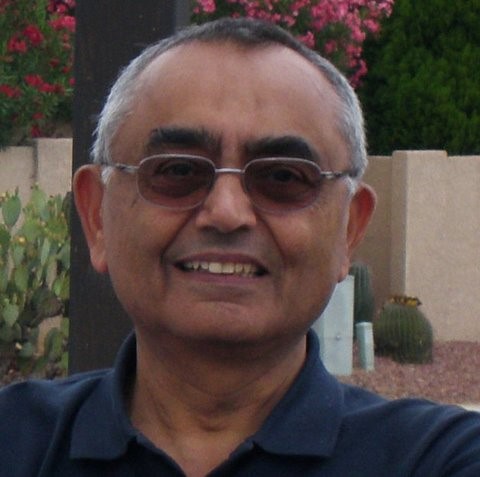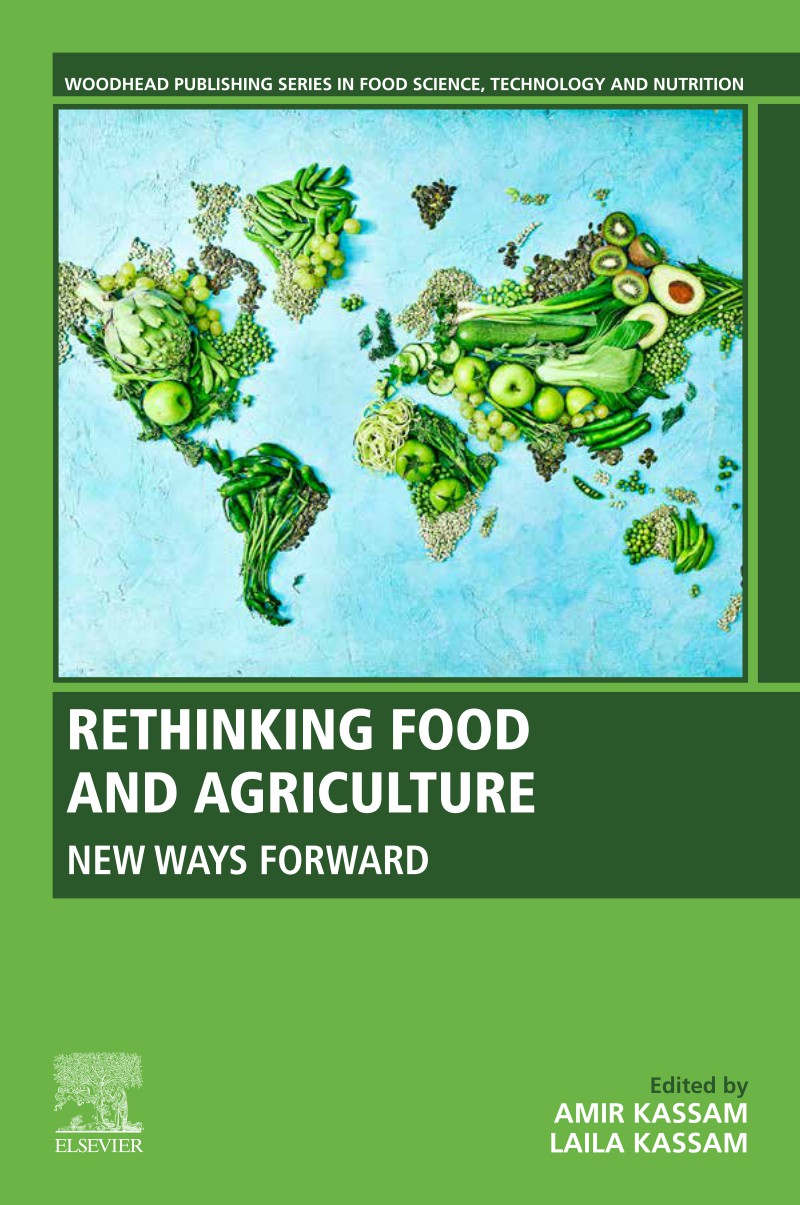Chapter 20
Towards Inclusive Responsibility
by Laila Kassam and Amir Kassam
Abstract
This chapter distils six key themes from the preceding chapters on ways forward towards a sustainable and responsible food and agriculture system. These themes reflect the need for: more holistic paradigms and mindsets that can deal with complexity; narratives of abundance rather than lack; ecological and multifunctional paradigms of agriculture; decentralising power in the food and economic systems; diets which promote human and planetary health; and powerful social movements and civil society. These themes then inform the elaboration of the concept of ‘inclusive responsibility’ in relation to our food and agriculture system. Inclusive responsibility reflects a move towards an alternative ethical framework based on the core values of: inclusion, interdependence, pluralism, justice, equity, and care, and encompassing the six themes above. Inclusive responsibility can be integrated and applied at every level of the food and agriculture system, from local to global, from production to consumption, from individual to community and society. The chapter concludes by offering a possible vision for an inclusively responsible food and agriculture system built on the agriculture paradigm of ‘Conservation Agriculture based Veganic Agroecology’.
Extract
Based on the six themes above and the many ways forward suggested in the preceding chapters, in our view the possible foundations for an inclusively responsible food and agriculture system would build upon the most desired aspects of: Conservation Agriculture; Veganic Agroecology; food sovereignty and localization; and whole-food plant-based diets. These aspects can be synthesised into an alternative food and agriculture paradigm of Conservation Agriculture based Veganic Agroecology.
A paradigm of Conservation Agriculture based Veganic Agroecology would:
- be ecologically sustainable and multifunctional
- be relevant for smallholders, their innovation and development strategies;
- meet the increasing need for sustainable, nutritious and healthy whole-food plant-based diets;
- integrate into the wider social movements resisting the corporate food regime and fighting for local autonomy, food sovereignty, and land and seed justice;
- respect and protect the rights of all sentient beings, both human and nonhuman, to live free from human oppression, exploitation and harm; and
- respect and protect the rights of nature based on a duty of care towards the Earth.
We are aware that this vision may seem controversial and raise various tensions and challenges, not only with the status quo but also with the current direction of food and environmental movements. For example, combining Conservation Agriculture with Agroecology may seem incompatible to some. However, Conservation Agriculture is a form of agroecology (defined as a science and a practice). It is practiced by both small- and larger-scale, organic and non-organic, producers. Globally, far more smallholders practice and benefit from Conservation Agriculture than larger scale producers, and many of them are organic. Likewise, the idea of food sovereignty may seem incompatible with Veganic agriculture and plant-based diets, due in part to food sovereignty’s focus on local food cultures which may include the consumption of animal flesh and secretions, and resistance to food colonialism. However, an anti-speciesist, animal liberationist, vegan ethic is not about imposing a particular diet onto others. Rather, this ethic is about expanding our circle of moral concern and values to include our animal kin.
Radical transformative changes are needed in our food and agriculture system urgently. We may not have all the solutions, but we hope that this collection of chapters from many varying perspectives and experiences shows that we do have enough evidence and indications of hugely promising aspects of ‘inclusively responsible’ ways forward to support and scale-up. These ways forward are already contributing to reversing and healing the large-scale damage caused to the planet and all her inhabitants by the industrial agricultural paradigm and the corporate food regime. They are challenging the status quo and hold the seeds of a vision of an ‘inclusively responsible’ food and agriculture paradigm that is already emerging in many parts of the world. While we are facing so many crises and much remains to be done, we trust that this book has shown that there is still hope for us to restore and come back into right relationship with each other, our animal kin and the earth.
It is our hope that the concept of inclusive responsibility and the related paradigm of Conservation Agriculture based Veganic Agroecology, offers an alternative guiding framework of principles and values to all stakeholders, wherever they might be positioned and whatever their role. As the contributors to this book have shown, there are so many opportunities and ways for all of us globally to deepen our engagement, play our parts and make our unique contributions towards a more beautiful and caring world for all.
About The Authors

Laila Kassam, PhD
Laila Kassam is a development economist and has worked in the international development sector since 2003. She has worked with NGOs, foundations, government ministries and international research and development institutions (including the CGIAR and FAO) focusing on rural development in sub-Saharan Africa and South Asia. Laila is a co-founder and Mission Lead of Animal Think Tank, UK. She currently works on issues related to agroecology, sustainability, food system transformation, and animal, climate and social justice. Laila has a BSc (Hons) in Economics and Politics (University of Bristol), an MSc in Development Management (London School of Economics and Political Science) and a PhD in Development Economics (School of Oriental and African Studies, University of London). Laila’s previous positions include: Programme Associate for Rural Development for the Aga Khan Foundation (Geneva); Research Officer for the DFID funded Coastal Rural Support Programme (Kenya); and Overseas Development Institute (ODI) Fellow at the Ministry of Agriculture (Guyana).

Prof Amir Kassam OBE, FRSB, PhD
Amir Kassam is Visiting Professor in the School of Agriculture, Policy and Development, University of Reading, UK, where he teaches Agriculture and Development. He is the Moderator of the FAO-hosted Global Platform for Conservation Agriculture Community of Practice (CA-CoP) and Chairman of the International Conservation Agriculture Advisory Panel for Africa. Born in Tanzania, Amir has a BSc (Hons) in Agriculture and PhD in Agroecology (University of Reading), and MSc in Irrigation (University of California-Davis). Amir is a Fellow of the Royal Society of Biology (UK). He has published widely. In 2005, Amir was awarded an OBE in the Queen’s Honours List for services to tropical agriculture and to rural development. Amir’s former positions include: Deputy Director General (Programme) at the Africa Rice Centre, CGIAR; Interim Executive Secretary of the CGIAR Science Council; and Chairman of the: Aga Khan Foundation (UK); Focus Humanitarian Assistance Foundation; and Tropical Agriculture Association, UK.
Co-creating Responsible Food and Agriculture Systems by Vandana Shiva



